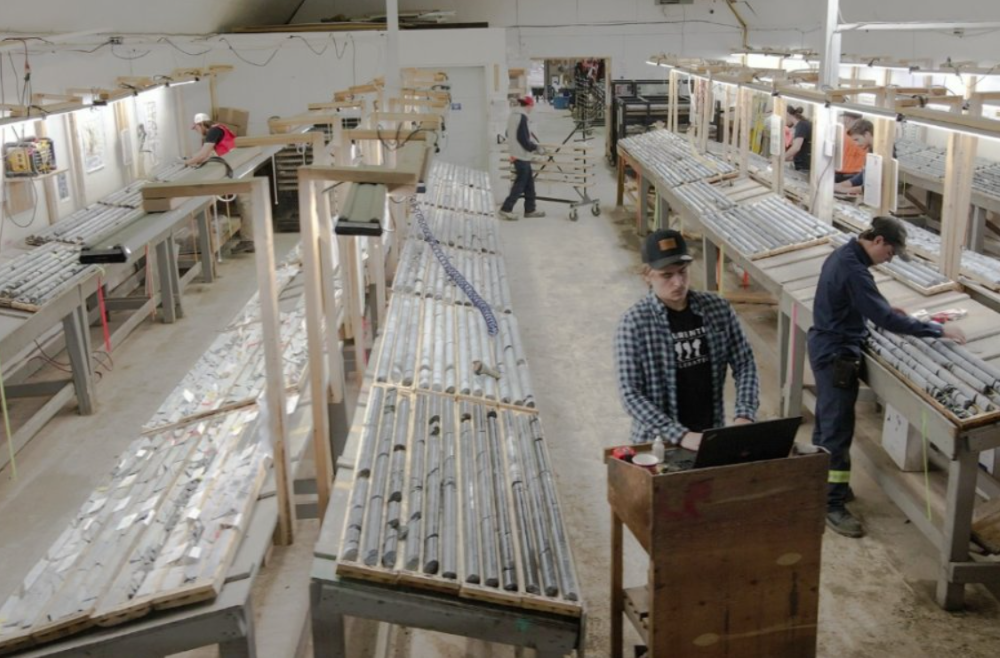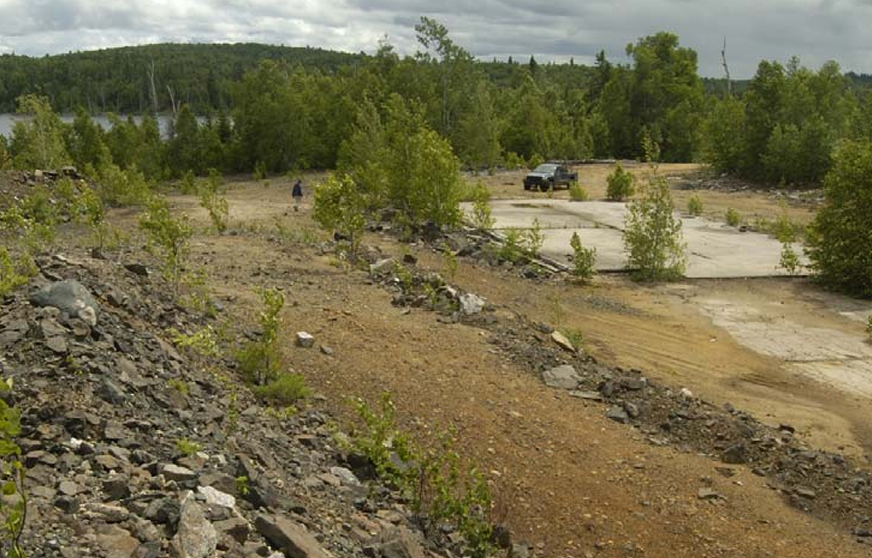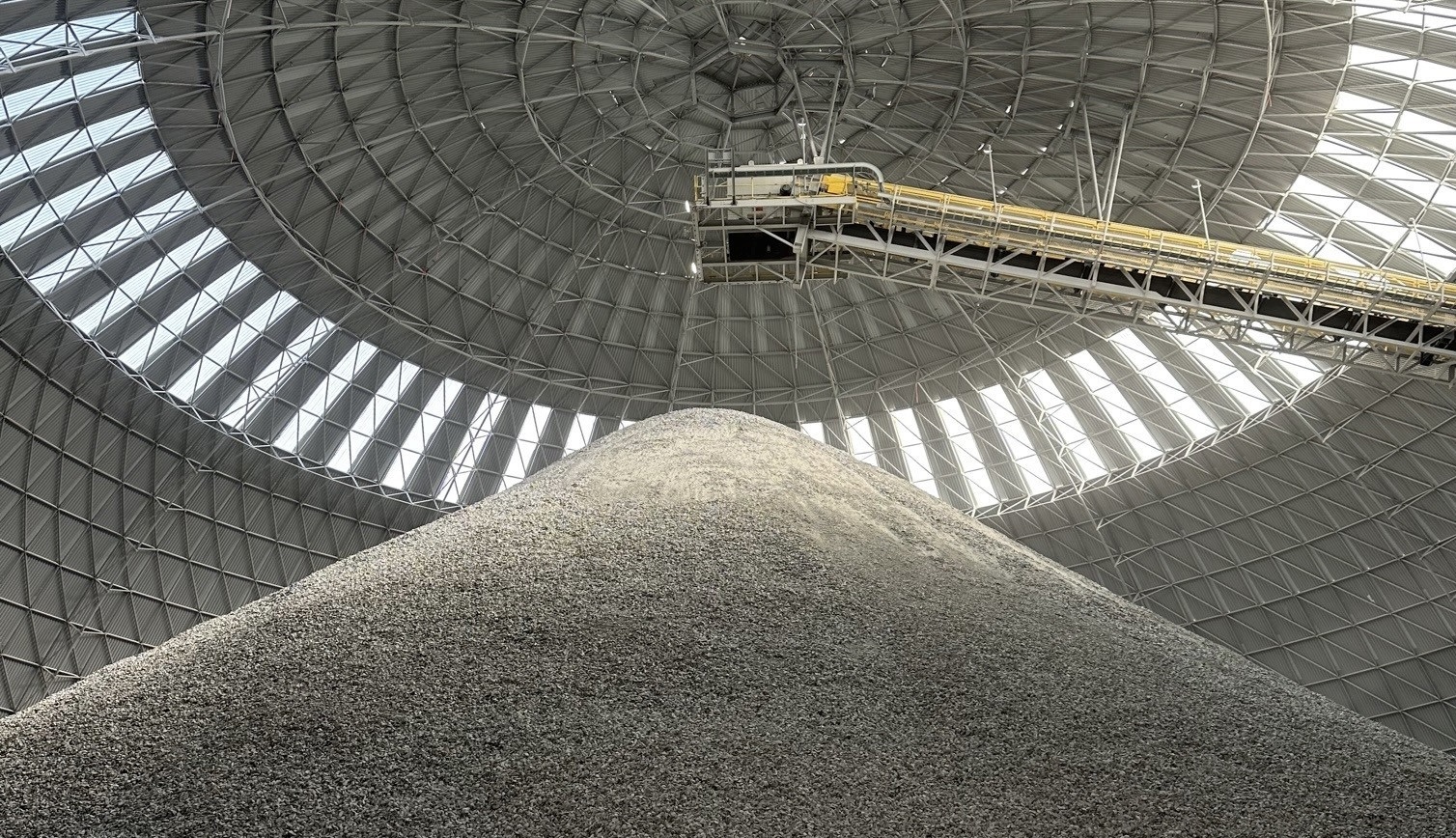I grew up in Saskatchewan, and like many people, I have a huge soft spot for my homeland. I have a tremendous amount of pride in my roots, and great respect for the people who pioneered this part of the world. In a relatively short time, those determined settlers – including my great-grandparents – helped turn the wild and rugged prairie into one of the greatest places to live on earth.
Part of what makes Western Canada so unique is the special breed of people who live here. There’s just something about this place – this land – that has helped to shape a people that are solid to the core. My affection for the land is surpassed only by my affection for the people who live here, and what sets us apart is really what holds us together – a deep and enduring commitment to each other.
Growing up in North Battleford, a small city just north of Saskatoon, I witnessed incredible displays of community spirit from a host of people, but most notably from my own parents. My father, Bill Wilson, is a classic prairie gentleman. If a stranger were stranded with a flat tire, he was the guy who would pull over first to lend a hand. I once was with my Dad when he backed up a quarter mile on a very muddy road just to follow a neighbor lady driving in another direction because he was worried she might get stuck and need help. My mother was equally inspirational. As a social worker, she was always doing what she could to help out the community – from volunteering for causes related to her children to taking in foster kids to teaching parenting classes. For my Mom, giving back was part of her DNA.
This commitment to community is a wonderful part of my legacy, and probably yours. You may be reading this in Kamloops, Kipling, or Calgary, but my guess is that we share a similar belief: that the real measure of success is not just about hard work and big rewards. It’s also about giving back and taking care of the people around us. It’s about our sense of community.
As a city, Calgary has been shaped by corporate and community leaders whose collective dreams have taken it from a North West Mounted Police outpost to an international center of excellence for energy. We owe many of our greatest assets – such as world-class sports teams and facilities, dynamic arts and culture, and state-of-the-art health care and education – to the individual visions and collective efforts of our community minded citizens.
One of my favorite examples of great combined effort comes from my hometown. When I started to become more focused on personal philanthropy a decade or so ago, I realized I hadn’t yet done anything substantive to give back to my birthplace - North Battleford – so I organized large (to me) donations to the both the local United Way and the Battlefords Union Hospital. It didn’t take long to learn that my personal donation of $100,000 matched the United Way’s entire fundraising goal for that year. Until then, I also learned, the biggest single donation the United Way had ever received was $5,000. I was dumbfounded. I knew that people in the Battlefords had wealth, but obviously they had never been given a vision for building their city through creative philanthropy. I believed there was a fair amount of money sitting under some mattresses in that town. And it was time to shake of some of it loose.
I asked the hospital CEO what else was on his wish list and the request for four new anesthesiology machines caught my eye. The hospital had four operating rooms with four old units on site, but at least one unit was down for repairs at any given time. I told the hospital that I would give $300,000 toward the new machines, but they had to match my donation by raising $300,000 themselves. I didn’t realize then that the most the hospital had previously raised during one campaign was $100,000.
The hospital accepted my plan, but wanted 12 months to raise the money. I thought for a few minutes and gave them three months. I can only imagine the nervous conversations that took place at BUH that day, but they called back the next morning and agreed to the three-month challenge. The “Dollar-for-Dollar” campaign was on.
It actually took less than three months for the city to meet – and exceed – their fundraising goal. They announced their victory on the local radio station at the end of a very touching multi-day radio-thon, and called me with the results: “Brett, we have met your challenge – in fact we blew through it – and have raised $500,000!” I was so moved by the way the community had come together to support the hospital that there was little I could do but match them –dollar-for-dollar – and up my donation to $500,000. The $1 million total tally was an incredible boost for the city, but the bigger impact came in terms of community engagement. To say the city and its citizens surprised themselves would be an understatement. But North Battleford is not unique. There are hundreds of similar communities with innovative organizations addressing an assortment of similar issues and causes – and providing great opportunities for citizens to work with them to make our communities better places to live and do business.
To me, the business value of philanthropy is obvious. Strong communities attract new businesses, and quality employees, which in turn create an even stronger business climate. Employees want to live in communities with a strong economic and social fabric – places where they feel connected to each other and enjoy a great quality of life. Without question, communities with a strong economic base and a strong social fabric are the best places to live and work. As business guru Don Tapscott has said, “Business cannot succeed in a world that is failing.”
As one of the proud cofounders of Calgary’s FirstEnergy Capital Corp., I’ve seen the enormous impact one company can have on its community. It would be nearly impossible to measure the number of lives that have been dramatically improved by FirstEnergy’s philanthropic work. In addition to donating more than $10 million to more than 500 community agencies over the past almost 20 years, FirstEnergy has raised millions for the victims of the 1997 Manitoba Flood, the Quebec ice storm in 1998, the Alberta drought in 2002, and the Slave Lake disaster in 2011.
But the best corporate philanthropy doesn’t just make a social impact – it also adds to a company’s bottom line. FirstEnergy didn’t set out to be a leader in corporate philanthropy. We did set out to be a leader in investment banking. And we used charitable giving as a marketing tool. Every time we gave a contribution to a charity, we were very open about the fact that we expected something in return. What we gained in the form of public recognition, cobranding with larger companies, or recognition within the charity’s network helped us to dramatically increase our profile, develop new partnerships, and grow our client base. That is the kind of return on investment corporate philanthropy should expect to achieve.
In my world, giving and getting definitely go together, but philanthropic giving can be more rewarding than you might expect. I’m quite candid about the fact that when I first started my career 30 years ago, my goal was simple: I wanted to make money – and lots of it. I wanted success, the big house, and a few nice toys in the garage. What I soon learned was that financial success can become surprisingly hollow. Ironically, philanthropic pursuits produce a much more satisfying return. So after spending many years focused on making money, I now spend as much – if not more – of my energy giving it away.
That’s why I am constantly challenging people to think carefully about how we m
easure success. Earlier this year, the first World Happiness Report was released. It attempted to measure social and economic well being around the world. Canada placed fifth. It came as a surprise to some people, but not to me, that a nation's happiness is not necessarily tied to its economy, but has more to do with things like personal freedom and strong social networks.
Just like the people who settled our communities decades ago, we are wired to connect with and care for one another. If we stop measuring success based on material wealth, and start measuring it in terms of things we really value – like our relationships with family and friends, and the quality of our communities, then we all might start to feel richer than we thought possible. To me, the real bottom line is not about how much we get, but how much we are privileged to invest in others. That’s how I have redefined success.
* Business, entrepreneur and philanthropist Brett Wilson is publishing a new book in November. Entitled Redefining Success: Still Making Mistakes it will in bookstores this month. Brett Wilson authored this column in partnership with Glacier Media Group, which has extensive holdings in community media and business-to-business media across Canada.





Comments